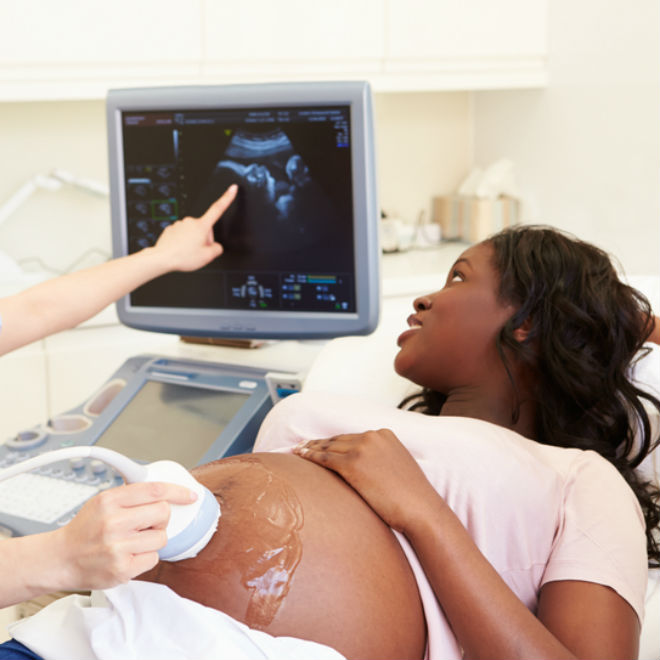
“CAN you see what kind of baby it is?” she asks, her eyes beaming with the natural pride and excitement unique to an expectant mother. Her eyes, opened wide, observes the screen of an ultrasound monitor trying to capture every minute detail as she struggles to interpret the grey and black lines on the screen. She can hardly figure it out, but she knows without a shadow of a doubt that is her baby and she wants to know whether it’s a girl or a boy.
Truth is, she is not the only one. There is a small army of aunts, uncles, grandmas, grandpas and godparents in waiting preparing to assemble their gifts.
Little, however, does this expectant mother know that the best gift that can be given to her baby can only be given by her, and that is the gift of her health. We have long known that maternal health has direct implications on the outcomes in pregnancy.
Women with chronic illnesses such as hypertension and diabetes, are at increased risk of having miscarriages, growth-restricted babies, stillbirths, as well as other serious complications of pregnancy.
The effects of a mother’s health on the health of her offspring are by no means limited to complications during pregnancy.
In 1990, British epidemiologist David J Barker published his landmark paper The foetal and infant origins of adult disease — the womb may be more important than the home. In the publication he introduced a then novel hypothesis suggesting that the conditions to which a foetus was exposed in its mother’s womb directly impacted its risk of developing disease in adult life.
Since Barker’s publication, scientific evidence has increasingly demonstrated a relationship between the health of a mother and the future health of her baby.
As an example, children of mothers who have excessive weight gain during pregnancy have as much as a 46 percent increased risk of being overweight or obese by age two to five.
Exposure to diabetes in-utero is associated with a higher prevalence of diabetes in adolescence, and obesity in the first 20 years of life.
Somehow it seems that the state of health of the mother leads to alterations in the developing foetus, that if suboptimal, may manifest as disease in later life. The converse also appears to be true.
Even in mothers with chronic illnesses such as diabetes and hypertension, good control of blood sugar levels, blood pressure and weight gain has been shown to be associated with significantly reduced risk to their babies in the short and long term.
I am often asked the question, what is the best time for a woman to start seeing her doctor for her pregnancy?
Interestingly, the answer to this is; the best time is not during pregnancy, but before. The first few weeks of pregnancy are the most critical periods of development for a baby.
It is at this time that the developing baby or foetus is most susceptible. Ill health, illicit drug use, alcohol use, smoking and exposure to some prescription medications can prove particularly hazardous during this period.
Many women fail to discover they are pregnant until after the second missed period, and for some women with irregular periods, the time of discovery may be even later.
Consequently, if a woman is to ensure the optimal formative environment for her baby, she would have had to be preparing herself physically from before conception.
Any woman contemplating pregnancy should discuss this with her physician. This is particularly important if she has any chronic illnesses, is on medication, or is overweight or obese.
This allows for appropriate screening to identify undiagnosed illnesses, appropriate treatment of known illnesses, and conversion of medications to drugs that are safe for use in pregnancy.
The goal of this “pre-pregnancy” or “pre-conception” care is to get the expectant mother in the best possible physical and psychological condition for pregnancy so as to ensure the best possible outcomes for herself and her baby.
There are few joys greater than that experienced in welcoming a newborn baby into the world. The tender touch of precious little fingers and toes and the warmth of those studying eyes stir the best of human emotion.
While tiny jumpsuits, caps, and labelled T-shirts make excellent gifts from grandmas and grandpas, the truth is, the best gift a mother could give is actually herself.


Leave Your Comment